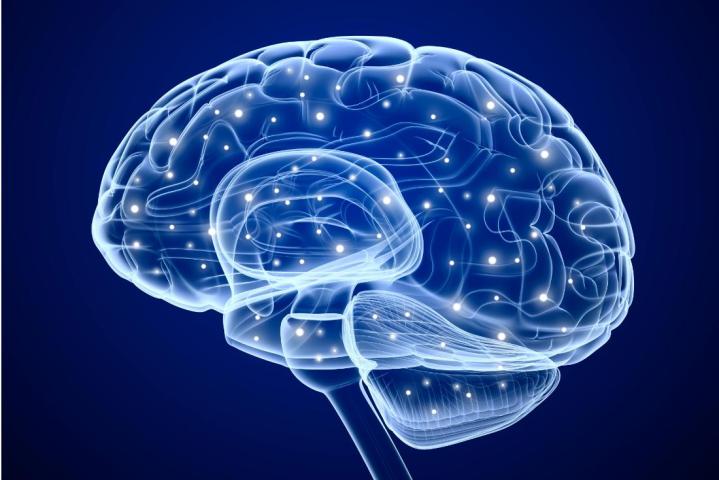
According to Rene Anand of Ohio State University, who presented the initial findings, this brain is the “most complete human brain model yet developed.” Said Anand, “We have grown the entire brain from the get-go.”
Grown from human skin cells, the complex organ supersedes previous attempts by scientists to engineer the brain. While “cerebral organoids” have been achieved, they did not contain all aspects (including genes and cell types) normally found in the structure, and were only partial representations of the whole. This time, however, Anand claims, “It not only looks like the developing brain, its diverse cell types express nearly all genes like a brain.” It even includes a spinal cord, signaling circuitry, and a retina.
Growing the brain in the petri dish took about 12 weeks, and the team’s next step is to “attempt to build the vasculature,” or the blood supply to the brain. This, Anand says, “will allow us to ask questions about disorders that are in the dementia category.”
While the brain is largely responsible for the majority of our day-to-day activities, much of the organ remains a mystery to scientists, researchers, and doctors alike, especially in terms of diseases. But this advance, the Ohio State team hopes, will unlock new and, they believe, ethical potential for further study.
Said Anand, “I think it’s ethical, because it will make greater predictions of what is going to happen to a patient who is given a drug, both on the efficacy side and on the side-effect side. You won’t have to jump straight from rodents into humans. It will drop the cost of clinical trials dramatically — this is a lot cheaper to do than clinical trials. I think its predictive capacity will be phenomenal because it is human.”


